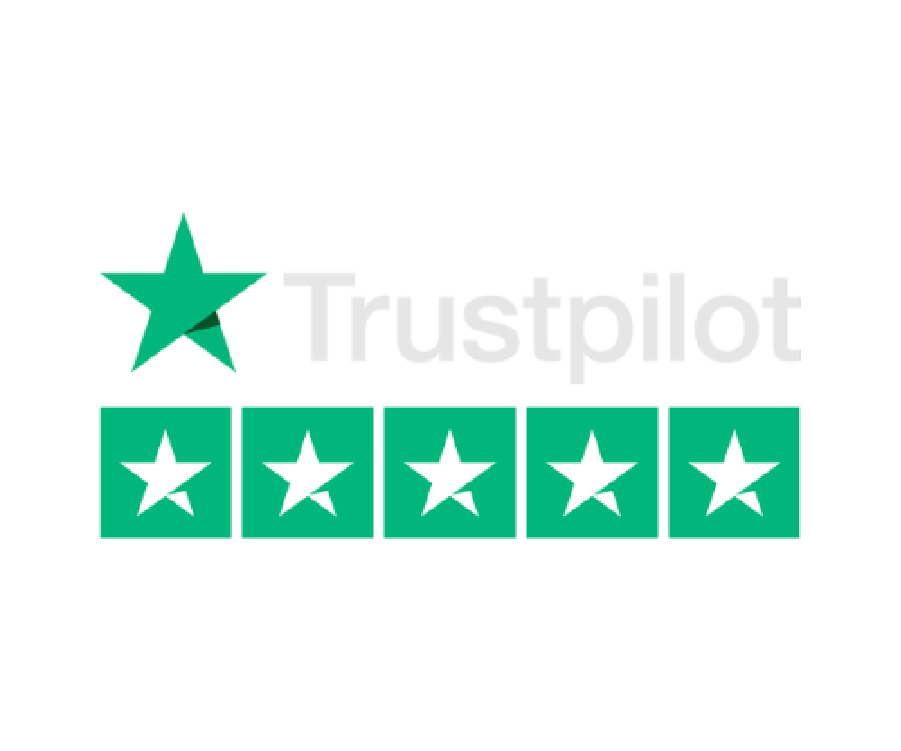Term: E-A-T (Expertise, Authoritativeness, Trustworthiness)
Definition: E-A-T is a set of criteria used by Google to evaluate the quality of content on websites and determine their search engine rankings.
Expanded explanation: E-A-T stands for Expertise, Authoritativeness, and Trustworthiness, which are the three key factors Google uses to assess the credibility and value of a website’s content. The concept of E-A-T was introduced in Google’s Search Quality Evaluator Guidelines and has since become an essential part of search engine optimisation (SEO) strategies.
Benefits or importance:
- Improved search rankings: Websites with high E-A-T scores are more likely to rank higher in Google’s search results, leading to increased visibility and traffic.
- Enhanced user experience: High-quality, trustworthy content can provide a better user experience for website visitors, resulting in higher engagement and conversion rates.
- Increased credibility: Establishing expertise, authority, and trust can enhance a brand’s reputation and credibility, leading to increased customer loyalty and trust.
Common misconceptions or pitfalls:
- E-A-T is a direct ranking factor: E-A-T is not a direct ranking factor in Google’s algorithm, but rather a set of guidelines used to evaluate the quality of content. However, factors that contribute to E-A-T, such as high-quality backlinks, can directly influence search rankings.
- Quick fixes: Improving a website’s E-A-T score is not a quick fix, but rather a long-term strategy that requires consistent effort and attention to content quality, backlinks, and user experience.
Use cases: E-A-T can be applied to a wide range of industries and content types, including blog articles, e-commerce product pages, and informational websites.
Real-world examples:
- Health and wellness websites: Websites providing medical advice or information, such as WebMD or the NHS, are expected to demonstrate a high level of E-A-T, as they need to be backed by qualified professionals to ensure accuracy and reliability.
- Financial advice websites: Websites offering financial advice, like Investopedia or The Motley Fool, should also have a high E-A-T score, as the content they produce must be accurate and trustworthy to protect users from potential financial risks.
- News websites: Reputable news sources like BBC News or The Guardian need to maintain a high E-A-T score to ensure the credibility and trustworthiness of the information they provide to readers.
Best practices or tips:
- Create high-quality, well-researched content backed by credible sources and/or authored by experts in the field.
- Regularly update and maintain existing content to ensure accuracy and relevance.
- Build a strong backlink profile with authoritative and relevant websites to establish credibility and trustworthiness.
- Focus on user experience and design, ensuring that your website is easy to navigate, mobile-friendly, and fast-loading.
- Encourage user-generated content, such as reviews and testimonials, to demonstrate trustworthiness and social proof.
Limitations or considerations: E-A-T criteria may be more critical for certain industries, such as health, finance, and news, where the accuracy and reliability of information are paramount. However, all websites should strive for high E-A-T scores to improve their search engine rankings and user experience.
Comparisons: E-A-T can be compared to other aspects of SEO, such as on-page optimisation and technical SEO, which also contribute to a website’s search engine rankings and overall performance.
Historical context or development: The concept of E-A-T was introduced in Google’s Search Quality Evaluator Guidelines in 2014 as a means of assessing the quality of content on websites. Since then, E-A-T has gained increasing importance in SEO strategies, as search engines continue to refine their algorithms to prioritise high-quality, trustworthy content.
Resources for further learning:
Related services:
- SEO strategy and consulting – Develop a comprehensive SEO strategy that prioritises E-A-T to improve your website’s search engine rankings and performance
- Content creation and marketing – Create high-quality, authoritative, and trustworthy content that aligns with your brand and audience
- Backlink building – Build a strong backlink profile with relevant and authoritative websites to boost your website’s credibility and E-A-T score
- Website audit and optimisation – Assess and improve your website’s user experience, design, and technical performance to support E-A-T best practices
Related terms: SEO (Search Engine Optimisation), SERP (Search Engine Results Page), Backlinks, Google Algorithm, Content Quality, User Experience








